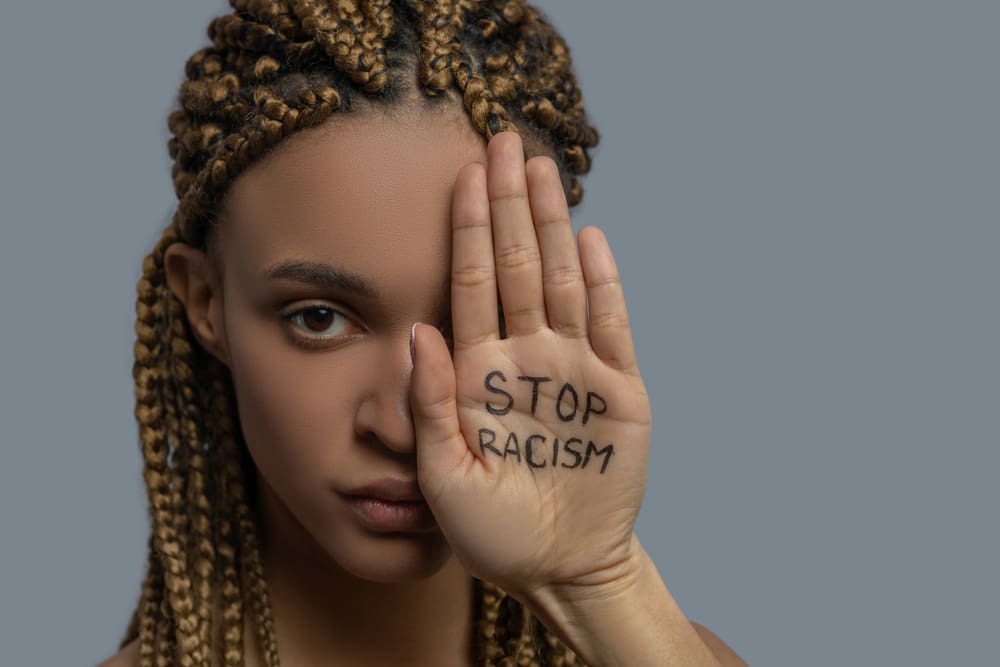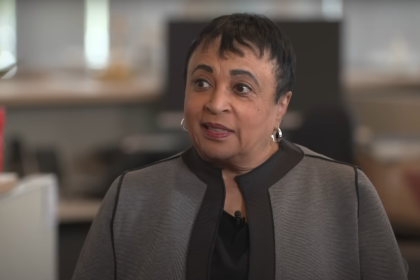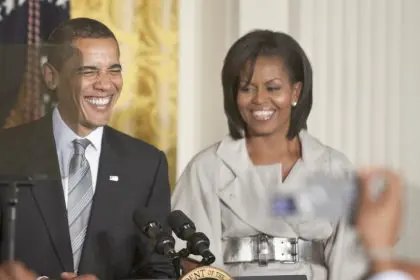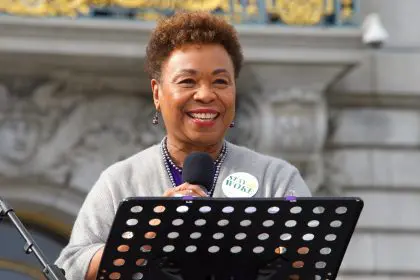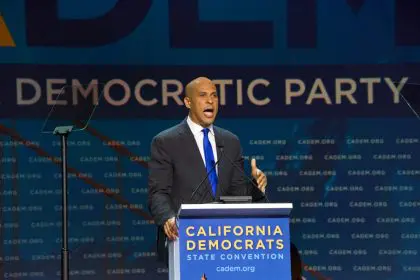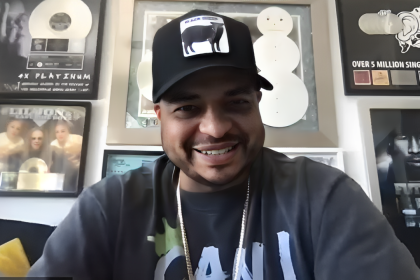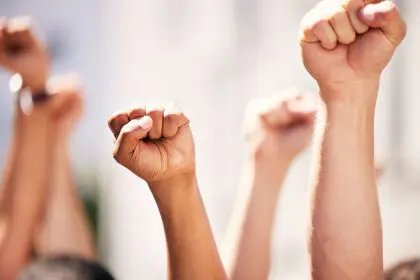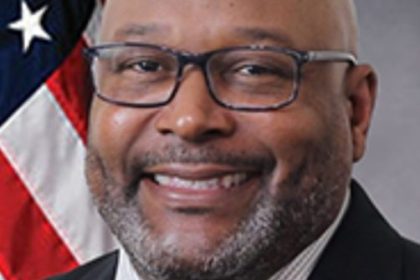In the intricate tapestry of our democracy, the right to vote stands as a vital thread, intricately woven into the fabric of civic participation. Yet, a disheartening truth looms large—a persistent and troubling trend where certain individuals and groups actively work to obstruct members of the Black community from fully exercising this fundamental right. Examining the motivations behind these acts of voter suppression is paramount in our quest to cultivate a democracy that is truly inclusive and equitable. This article delves into the historical and contemporary factors fueling attempts to impede the voting rights of the Black community. From the legacy of discrimination to the nuanced strategies employed today, understanding these motivations is a crucial step towards dismantling barriers and fostering a democratic landscape where every citizen’s voice can be heard and valued.
Unpacking Historical Context
To comprehend the contemporary challenges faced by the Black community in the realm of voting, it’s imperative to acknowledge the historical context. From the Jim Crow era to the Civil Rights Movement, efforts to restrict Black voters have morphed over time. Today, these endeavors often take subtler forms, such as gerrymandering, voter ID laws, and purges of voter rolls.
Fear of Empowerment
One motivation behind attempts to suppress the Black vote is the fear of empowerment. Voting is a potent tool that enables individuals to have a say in policies and elect representatives who align with their values. For some, particularly those resistant to progressive change, empowering the Black community through voting represents a threat to the status quo.
Partisan Politics and Power Dynamics
In the realm of politics, power dynamics play a significant role in shaping policies and legislation. Historically, the Black community has been a force for positive change, advocating for civil rights and social justice. Some political actors, driven by self-interest and a desire to maintain their grip on power, may resort to voter suppression tactics to sway election outcomes in their favor.
Disinformation Campaigns
In the digital age, disinformation campaigns have become a prevalent tool in the arsenal of those seeking to manipulate public opinion. Communities, including the Black community, can be targeted with false information about voting procedures, election dates, and candidate positions. This deliberate misinformation aims to confuse and discourage potential voters.
Socioeconomic Barriers
Voter suppression is not solely about overt acts; it can also manifest through systemic issues. Socioeconomic disparities, such as limited access to transportation, long polling lines in disenfranchised neighborhoods, and restrictive voting hours, disproportionately affect marginalized communities, making it more challenging for individuals to cast their votes.
Strategies for Overcoming Voter Suppression
While the challenges are evident, the Black community, along with its allies, has been resilient in the face of voter suppression. Grassroots movements, legal challenges, and advocacy for electoral reforms are essential components of the fight against attempts to curtail voting rights.
Conclusion
In unraveling the intricate web of motivations behind efforts to suppress the Black community’s right to vote, it becomes evident that historical and contemporary factors intertwine to create formidable challenges. The fear of empowerment, fueled by a desire to maintain the status quo, dances alongside partisan politics, disinformation campaigns, and socioeconomic barriers as persistent foes. Yet, acknowledging these motivations serves as a compass guiding us towards a more just and inclusive democracy. By dismantling these barriers collectively, we fortify the bedrock of our democratic ideals, ensuring a space where every citizen, irrespective of race or background, can participate fully. This journey requires commitment to electoral reforms, advocacy for equitable policies, and an unwavering dedication to justice. As we navigate this path, we weave a narrative of resilience and progress, turning the page towards a future where the voice of every individual resonates powerfully within the democratic chorus.
This story was created using AI technology.

